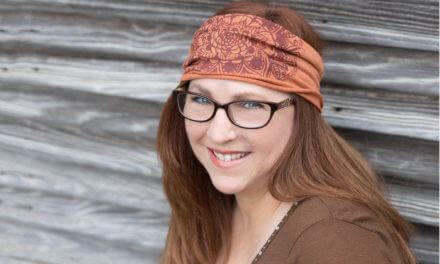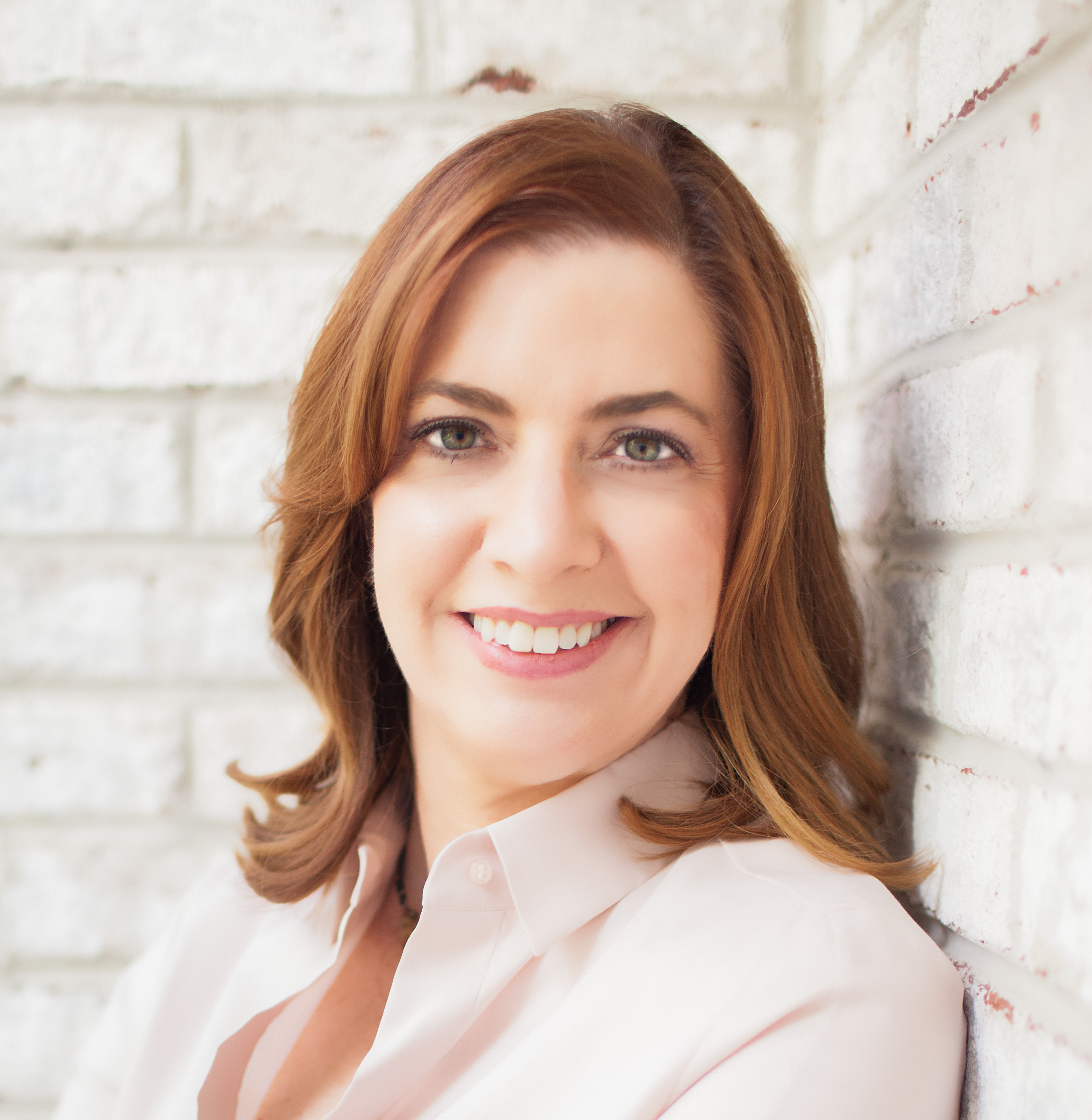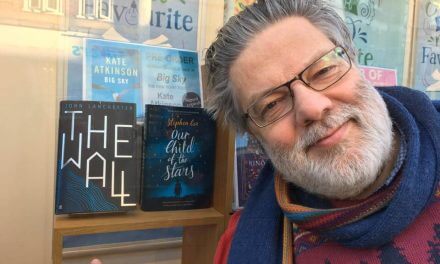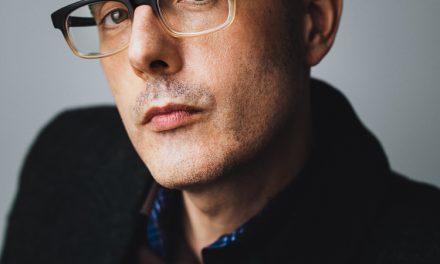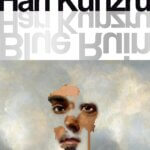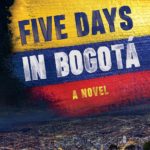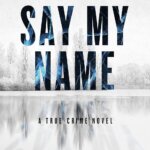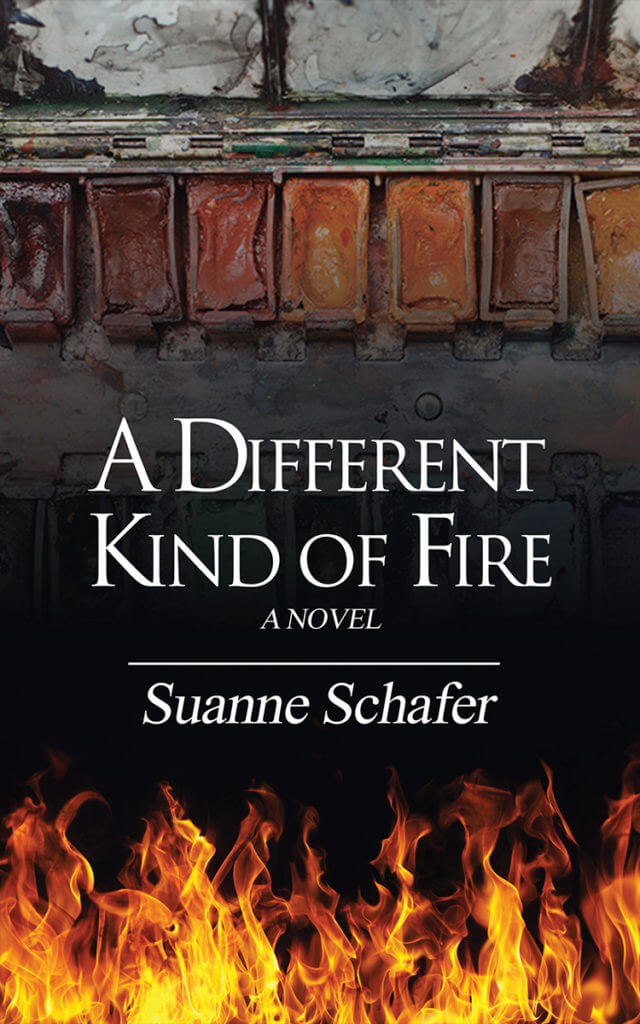Andrea Rothman joins me today to talk about her debut novel, The DNA of You and Me. It was released March 12, 2019 by HarperCollins. Before turning to fiction writing, Andrea Rothman was a research scientist at Rockefeller University in New York. She holds an MFA in creative writing from Vermont College of Fine Arts and was fiction editor for the literary journal, Hunger Mountain. Her short stories can be viewed at www.andrearothman.com. Andrea is a wife and a mother of two teenagers. They have no pets though she is thinking about getting a dog. Her day job is writing. After two o’clock it’s all about the kids and the house and reading. She’d like to apply for a teaching position but worries it will interfere with everything else she has to do.
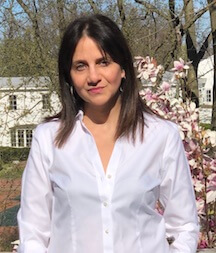
SS: Andrea, can you tell us what your book is about?
AR: Thematically my novel is about choice: the choices we all make in our lives and our pondering them years later. The novel is a retrospect, told from the perspective of a female protagonist, Emily, looking back upon the period she spent in a research lab, and her relationship there with a colleague by the name of Aeden.
SS: How about a little teaser from your book?
AR: “I’m asking you to choose me, Emily. That’s what I’m asking you to do, to choose us.”
SS: Where did you get the idea?
AR: There was no initial idea behind my story. It developed on its own, eventually coming to life after years of work. Before I started writing fiction, I was a research scientist.
SS: I was a family practice doc in my prior life. What’s the story behind the title:
AR: Interesting that you ask! The original title of my novel was Pathfinder, but my publisher changed it because they thought people would associate the title with the popular car, the Nissan Pathfinder. We brainstormed for a while for a new title until my editor came up with The DNA of You and Me. Everyone liked it, including the marketing team.
SS: Without giving any spoilers, tell us something we won’t find out by reading the book jacket.
AR: The initial relationship between Emily and Aeden is a tough one, straddling physical attraction and competition in a research lab. There are several sex scenes that take place in the lab.
SS: Tell us about your favorite character.
AR: Aside from Emily, my favorite character is Aeden without a doubt. He can be headstrong and manipulative, but he is also a smart guy with a big heart, who understands that love is more important than success.
SS: If you could spend a day with one of your characters, who would it be and what would you do?
AR: I’d go to Coney Island with Aeden in the summer and have milkshakes by the beach.
SS: Are your characters based on real people, or do they come from your imagination?
AR: My characters sprang from my imagination and took a long time to develop on the page. Because the story involves research science, a few of the characters may come across as stereotypical of that world.
SS: How long did you take to write this book from first draft to publication?
AR: From conception to publication (actual pub date), it took ten years.
SS: What kind of research did you do for this book?
AR: I did a lot of research about anosmia, defined as a long-term inability to smell. The research in the lab, carried out by the characters in my novel, is about smell.
SS: What hit the cutting room floor during the editing process?
AR: Thankfully nothing. By the time my editor read the novel it had gone through so many revision nothing was lacking or in excess. The material flowed.
SS: Are you a plotter or a pantser?
AR: Both: a pantser at the very beginning of the work and a plotter towards the end.
SS: What is your favorite part of your writing process, and why?
AR: The beginning. I love the process of not knowing anything, of discovering things little by little, allowing the words on the page to speak to me and tell me their secrets, the things I haven’t said that need to be written.
SS: What is the most challenging part of your writing process, and why?
AR: As much as I like not knowing where I’m going (see my answer to previous question) I also sometimes find it a little nerve-racking when things seem to be going nowhere, and it happens all too often in the writing process, especially with fiction.
SS: Can you share your writing routine? How do you carve out your writing time? Where do you normally write?
AR: I write creatively only in the morning from around 8 to 12. I need absolute quiet, and I usually write at my desk at home or in a quiet office space. It’s nearly impossible for me to write imaginatively in a Starbucks, for instance.
SS: I’m a total-silence gal myself. Have you ever gotten writer’s block? If yes, how do you overcome it?
AR: I’ve had writer’s block very often in my life, I think most writers experience this a lot. To overcome it, I usually just lower my expectations and write whatever comes to my mind, just try to fill the page with words, trying to keep my ego out of it. I think most writer blocks are a problem of the ego and having high expectations about the words and the material before the work is even done. Beginning writers rarely have writer’s block.
SS: If you could tell your younger writing self anything, what would it be?
AR: Follow your heart and trust yourself. It will be okay. If you love the material enough, a book will eventually take shape.
SS: How many unpublished and half-finished books do you have?
AR: Two unpublished (a memoir and a novel) and around six unfinished novels. I also have many completed short stories I have yet to polish and submit for publication.
SS: Do you have any writing quirks?
AR: I only use a Mac to write, and I usually set the margins so that all of the lines are the same length. I don’t know if this constitutes a quirk …
SS: I’m a Mac person too. I write with the entire manuscript in one document and transfer to Word when I’m ready to query. How did you get into writing?
AR: I’ve been writing since I was a teenager, I kept notebooks and I read all of the classics. I only started writing seriously (with discipline) as an adult, after I left science—I was a research scientist for many years.
SS: What do you like to do when you’re not writing?
AR: Read novels and hang out with my family.
SS: Apart from novel writing, do you do any other kind(s) of writing?
AR: Lately I’ve been writing essays about different topics, mainly science and nature.
SS: Share something about you most people probably don’t know.
AR: I’m scared of heights. I can’t stand at the edge of a building without feeling I’ll fall off.
SS: Which book influenced you the most?
AR: So many, but the most recent book was the novel Never Let Me Go by Kazuo Ishiguro. I think it’s a masterpiece, a brilliant exploration about relationships, mortality, and being human.

SS: What are you working on right now?
AR: Right now I’m working on my next novel, trying to figure out exactly what it’s about and to nail down the narrative voice. This is usually what sets the tone for me and leads the way. In terms of plot, I think I will be planning ahead with this new novel much more than I did with The DNA of You and Me.
SS: What’s your favorite writing advice?
AR: Have faith in yourself, and don’t discard what comes to mind just because it may seem crazy or depressing or unlikeable. Usually this is the stuff of genius/the stuff that is uniquely yours and no one else’s. That is what will define your voice.
SS: What are you currently reading?
AR: The Immortal Life of Henrietta Lacks an account of Henrietta Lacks, her life, her fight against cervical cancer, and the terrible injustices of the medical and research establishment. Her cells—precursors of the famous HeLa cell line—were taken from her without her knowledge or consent and used for research.

SS: I read that when it first came out in 2011. Skloot does a great job showing how Lacks and her family were exploited by modern medicine. As a former physician, I’ve always had problems with the disparity in health care in America. To change the subject, what do you hope to achieve with your novel?
AR: I hope to transport the reader to another place; different to anything they’ve ever known. And I hope that he or she will keep thinking about the characters, their drama, what they could or couldn’t have done and the choices they could have made, long after they’ve finished reading the book.
********************
Ambitious young scientist, Emily Apell, joins a renowned research lab in New York to study the sense of smell. There she meets Aeden Doherty, a senior colleague. Their relationship is complicated by external events. Eventually Emily will have to choose between her research and Aeden. Years later, about to receive a prestigious award for the work she carried out in the lab, Emily looks back upon that choice.
Rothman’s debut novel is a fierce and eloquent exploration of what it is to be a woman working in #STEM – a scientist in the cut-throat world of cutting edge research and academia. It invites us into the heart and mind of Emily, a character we grow to respect and admire, who is faced with the messy business of a budding romance with a colleague, in the laboratory where she works. Should she allow herself to put all she holds dear at risk, or should she smell a (lab) rat? This one’s a powerful literary page-turner. —Leah Kaminsky, author of The Waiting Room
I read an advance readers copy of this captivating novel. A powerful love story about a young woman scientist. Can you have both love and a career? And what if one gets in the way of the other? What would you choose? These are some of the questions faced by Emily, the protagonist of this beautifully written novel. I couldn’t put it down. —Daniela Petrova, author of Her Daughter’s Mother

The DNA of You and Me is available through:
********************
Andrea can be followed here on social media:
